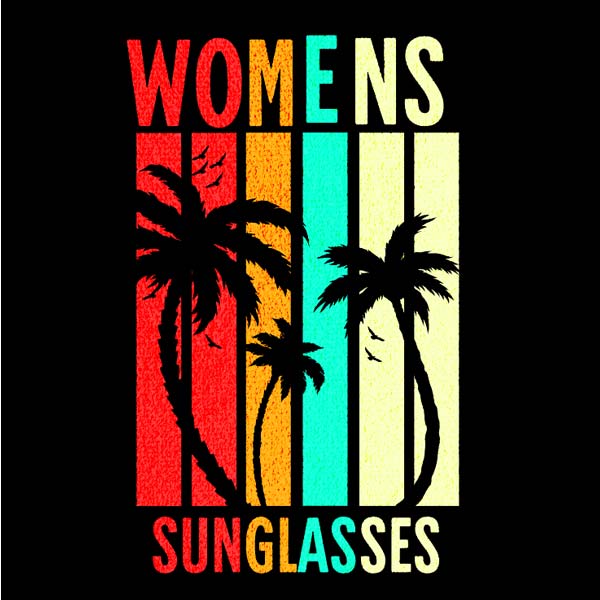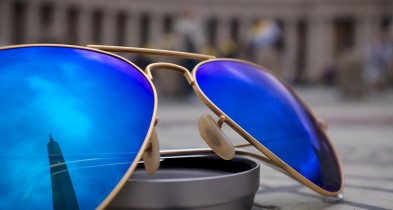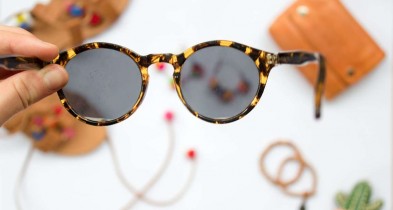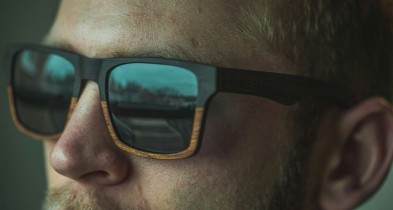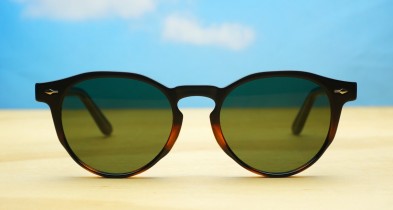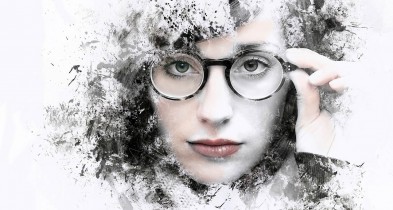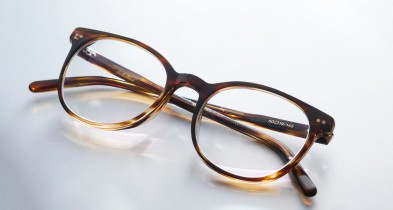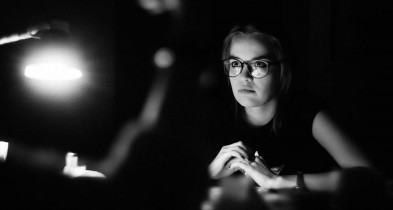
Circadian Rhythm and Blue Light Glasses
Your circadian rhythm is your body’s clock that controls sleep cycles, energy, and more. Daylight plays a major role in regulating this but blue light in the evening for your digital device confuses it. That's how Blue light glasses can help by blocking the blue light from entering your eyes. This in turn improve sleep, mood, and overall health.
How Light Runs the Show
Your circadian rhythm is natural internal process that regulates your sleep and wake cycle. It's basically your internal clock that responds to environmental changes in light. The blue light from daylight and digital screens, has a strong influence on this and when we get too much blue light at night your cycle can be disrupted causing issues with sleep and behaviour.
Morning sunlight is beneficial, but glasses come into play later to balance things out.
Morning Light Gets You Going
Sunlight from 6 to 10 a.m. is rich in blue light, waking your brain sharply. It boosts cortisol, keeping you alert. I step outside most mornings now, just 10 minutes, and I feel energized. Neuroscientist Andrew Huberman endorses this, saying it’s ideal for a strong start.
It also regulates melatonin, the sleep hormone, ensuring it drops at the right time later. Since I started, my nights feel smoother, and sleep is deeper.
Midday Sun Keeps You Up
From 10 a.m. to 2 p.m., the sun is at its brightest, delivering pure energy. A quick walk outside lifts mood and sharpens focus. I do this during lunch, 10 minutes, and the afternoon slump disappears. It keeps the rhythm steady.
Afternoon Light Holds the Line
Between 2 and 4 p.m., daylight prevents energy crashes. It’s not a major clock regulator, but it counters post-lunch drowsiness. I sit by a window or take a short walk, it keeps me going without coffee. A small boost makes a big difference.
Evening’s Where Blue Light Bites
At night, your body craves rest, but screens and lights emit blue light, signaling daytime to your brain. This delays melatonin, disrupting sleep. I used to scroll late and struggled to fall asleep. Blue light glasses changed that, I wear them now and fall asleep faster, sleeping soundly.
They also reduce screen glare, so my eyes feel less strained afterward.
How Blue Light Glasses Help
These glasses filter blue light, preventing it from interfering with your night. They’re ideal for late-night screen use, whether working or streaming. I wear mine in the evenings, my sleep has improved, and my eyes feel fresher. They’re simple but effective.
Balancing Light and Glasses
Daylight is key, get it early and maintain it midday. In the evening, glasses shine by blocking blue light. You don’t need them all day, just wear them after 4 p.m. This keeps your clock aligned, ensuring great sleep.
Quick Tips to Nail It
In the morning, get 10-20 minutes of sunlight to set yourself up. At midday, step outside to boost your mood. In the afternoon, catch some light to avoid a slump. In the evening, put on glasses and limit screens early if possible.
Blue light glasses from iPOP are affordable, effective, and evening-ready. Explore Huberman’s work for deeper insights into light and rhythms. It’s all about timing, get it right, and you’ll feel the benefits.


